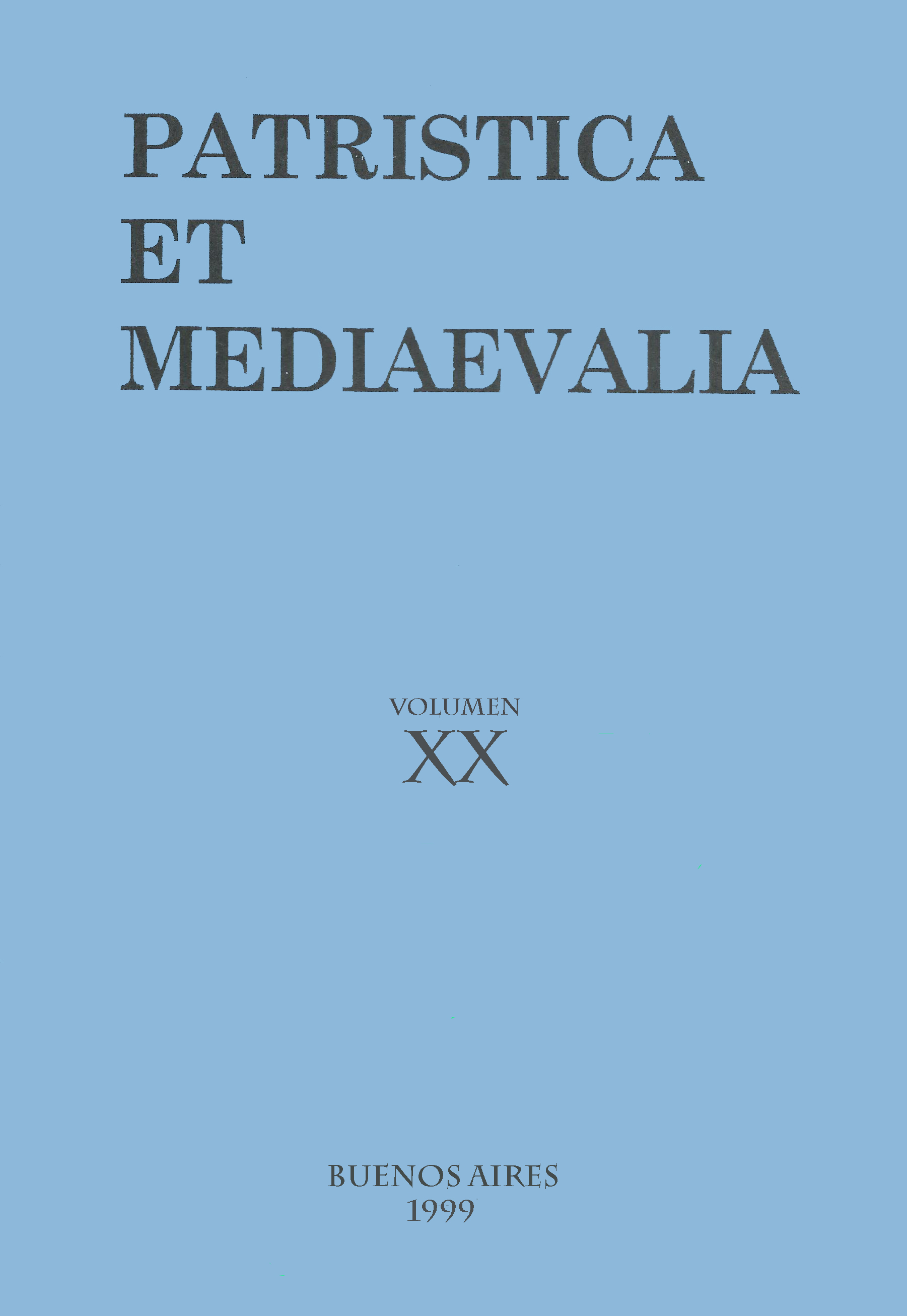Medieval influences in the Coimbra Commentaries (An Inquiry Into the Foundations of Jesuit Education)
Abstract
The paper deals with the Coimbra Commentaries, a group of eight commentaries of Aristotle, published in the Portuguese town of Coimbra between 1592 and 1606, that knew a large editorial success through Europe. The reception of the Medieval philosopher Henry of Ghent is considered as a case-study but attention is also paid to geographical, cultural and scholarly humanistic conditions that helped the Commentaries to create their own philosophical style.Downloads
References
Albuquerque, L. (1987). Crónicas da História de Portugal. Lisboa: Presença.
Baldini, U. (1998). As assistências Ibéricas da Companhia de Jesus e a Actividade Cientifica nas Missões Asiáticas (1578-1640), Alguns Aspectos Culturais e Institucionais. Revista Portuguesa de Filosofia, 54, 195-246.
Carvalho, M. S. De. (1994). Para a História da Possibilidade e da Liberdade. Itinerarium, 40, 145-180.
Coxito, A. A. (1982). Pedro da Fonseca: a lógica tópica. Revista Portuguesa de Filosofia, 38, 450-459.
Des Chene, D. (1996). Physiologia, Natural Philosophy in Late Aristotelian and Cartesian Thought. Ithaca/London: Cornell University Press.
Dias, J. S. da S. (1960). Correntes de Sentimento Religioso em Portugal (Séculos XVI a XVIII). Coimbra: Universidade de Coimbra.
Hachmann, B. & Carvalho, M. S. De. (1993). Os Conimbricenses e Pedro da Fonseca como leitores de Henrique de Gand. Mediaevalia, Textos e Estudos, 3, 207-208.
Hamesse, J. (1989). La diffusion des florilèges aristotéliciens en Italie du XIVe au XIEe siècle. In Roccaro, G. (ed.). Platonismo e Aristotelismo nel Mezzogiorno d’Italia (secc. XIV-XVI). Palermo: Officina di studi medievali, 39-54.
Hamesse, J. (1994). Les florilèges philosophiques, instruments de travail des intellectuels à la fin du Moyen Aye et à la Renaissance. In Bianchi, L. (ed.). Filosofia e teologia nel Trecento, Studi in ricordo di E. Randi. Loivain-la-Neuve: Institut d’études médiévales, 503-533.
Gilson, E. (1930). Études sur le rôle de la pensée médièvale dans la formation du système cartésien. Paris: Vrin.
Giard, L. (1995). Le devoir de l’intelligence, ou l’insertion des jésuites dans le monde du savoir. In Giard, L. (dir.). Les Jésuites â la Renaissance, Système et production du savoir. Paris: PUF.
Gomes, P. (1992). Os Conimbricenses. Lisboa: Guimarães Editores.
Lohr, Ch. (1995). Les jésuites et l’aristotélisme du XVIe siècle. In Giard, L. (dir.). Les Jésuites â la Renaissance, Système et production du savoir. Paris: PUF, 79-93.
Macken, R. (1971). La temporalité radicale de la créature selon Henri de Gand. Recherches de Théologie ancienne et médiévale, 38, 211-278.
Martins, A. M. (1990). Fonseca (Pedro da). Logos, Enciclopédia Luso-Brasileira de Filosofia, vol. 3. Lisboa: Verbo, 656-665.
Martins, A. M. (1996). O Conimbricense Manuel de Góis e a Eternidade do Mondo. Revista Portuguesa de Filosofia, 52, 487-499.
Padley, G. A. (1976). Grammatical Theory in Western Europe 1500-1700, The Latin Tradition. Cambridge: Cambridge University Press.
Pereira, M. B. (1967). Ser e Pessoa. Coimbra: Universidade de Coimbra.
Porro, P. (1996). Forme e Modelli di Durata nel Pensiero Medievale: L'Aevum, Il Tempo Discreto, La Categoria "Quando" (Ancient and Medieval Philosophy). Leuven: Leuven University Press.
Ribeiro, S. (1872). História dos Estabelecimentos scientíficos, litterarios e artísticos de Portugal, vol. II. Lisboa: reprint 2017 Forgotten Books.
Rodrigues, F. (1917). A formação intelectual do jesuíta - leis e factos. Porto: Livraria Magalhaes & Moniz.
Rüegg, W. (1996). O Alvorecer do Humanismo. In De Ridder-Symoens, H. (coord.). Una História da Universidade na Europa, vol. I: As Universidades na Idade Média. Lisboa: INCM.
Schmitt, Ch. B. (1983). Aristotle and the Renaissance. Cambridge: Harvard University Press.
Soares, N. de N. C. (1995). O ‘Cliché’ na pedagogia e na Literatura de Quinhentos. Confluências, 15, 193-217.
Trentman, J. A. (1984). Scholasticism in the seventeenth century. In Kretzmann et al (eds.). The Cambridge History of Later Medieval Philosophy. Cambridge: Cambridge University Press, 818-837.
Wallace, W. A. (1988). Traditional Natural Philosophy. In Schmitt, Ch. B. & Skinner, Q. (eds.). The Cambridge History of Renaissance Philosophy. Cambridge: Cambridge University Press, 199-235.
1. The authors who publish in this magazine accept the following conditions:
-
They retain the copyright and grant to the magazine the right of the first publication, with the work registered under the Attribution-ShareAlike 4.0 International License that allows third parties to use what is published as long as they mention the authorship of the work and the first publication in this magazine.
-
They can make other independent and additional contractual agreements for the non-exclusive distribution of the version of the article published in this magazine (eg. include it in an institutional repository or publish it in a book) provided that they clearly indicate that the work was first published in this journal.
-
They are allowed and recommended to publish their work on the Internet (for example on institutional or personal pages).
2. AutoArchive Conditions. Authors are allowed and encouraged to distribute post-print electronic versions of their manuscripts because it promotes their circulation, a possible increase of quotation and a major reach among the Academic community. Color RoMEO: blue.













